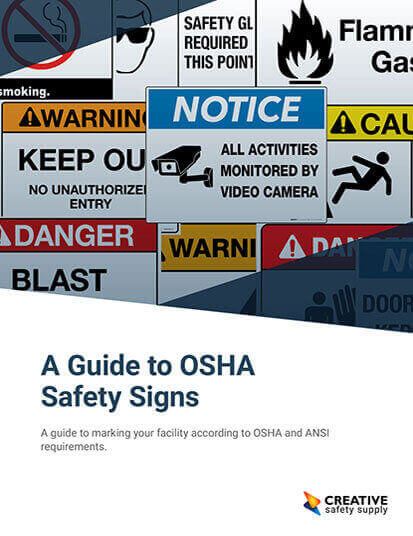
A common question building managers ask is who is the authority having jurisdiction for their facility? The simple answer is the facility’s AHJ is the individual or office responsible for enforcing NFPA codes and standards.
Without authority having jurisdiction, the vital fire and electrical safety codes developed by NFPA are just voluntary standards. When NFPA codes are adopted by a jurisdiction, it becomes law. Those restrictions and regulations must be followed by the building owner and the local AHJ is obligated to enforce local building codes, fire codes, and life safety programs.
Who is the AHJ?
The authority having jurisdiction in many states is the state fire marshal, but the AHJ is not a single entity and is more ambiguous depending on the jurisdiction the facility is in, the type of facility, and who “owns” the facility.
The National Fire Protection Association defines the AHJ in NFPA 72 as “an organization, office, or individual responsible for enforcing the requirements of a code or. Standard, or for approving equipment, materials, and installation or a procedure.” The definition is further discussed in NFPA 72’s Annex, stating that where public safety is primary, the AHJ “may be a federal, state, local, or other regional department or individual such as a fire chief; fire marshal; chief of a fire prevention bureau, labor department, or health department; building official; electrical inspector; or others having statutory authority. For insurance purposes, an insurance inspection department, rating bureau, or other insurance company representative may be the AHJ.”
While the AHJ is typically thought of as a representative from the local government, it can also include representatives from the private sector in the case of insurance. For instance, hospitals are likely to be subjected to visits by multiple AHJs including local government (fire department), state government (state fire marshal, state health department), federal government (Centers for Medicare & Medicaid Services), and the private sector (insurance company, accreditation organizations, etc.)
The authority having jurisdiction plays a critical role in enforcing NFPA codes for the entire lifetime of a building. The AHJ, determining whether a building, building component, or design meet local code requirements, is responsible for protecting building occupant safety.
Additional AHJ facts:
- An Authority Having Jurisdiction (AHJ) is an organization, office, or individual responsible for enforcing the requirements of a code or standard, or for approving equipment, materials, an installation, or a procedure. Source: https://blog.qrfs.com/355-when-and-how-to-contact-the-authority-having-jurisdiction/
- AHJs can be public or private entities, such as fire marshals, building inspectors, health departments, insurance companies, or ratings bureaus. Source: https://lewisbass.com/what-is-an-authority-having-jurisdiction-ahj-and-why-should-you-care/
- AHJs often have the final say in matters of fire protection and safety, and their approval is required for new construction, major modifications, or impairments to fire protection systems. Source: https://www.lawinsider.com/dictionary/authority-having-jurisdiction-ahj
- AHJs can vary depending on the location, jurisdiction, and type of project. For example, the AHJ for a federal facility may be different from the AHJ for a local business. Source: https://lotusworks.com/what-is-ahj/
- AHJs can also have different interpretations and expectations of the codes and standards they enforce, which can create challenges for contractors and engineers. Source: https://www.highlandwireless.com/ahj-what-is-it-and-what-does-it-mean-for-your-business/


